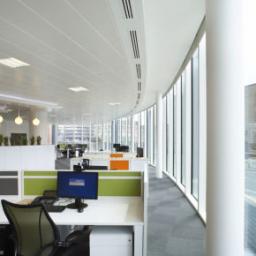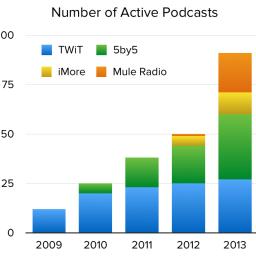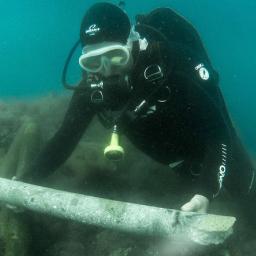
The open floor plan of modern offices has its roots in ideas first conceived in the 1950s. In essence, removing barriers and ensuring the continued proximity of workers to each other was expected to facilitate communication and idea flow. But a growing body of evidence suggests that the open office undermines the very things that it was designed to achieve.
In June, 1997, a large oil and gas company in western Canada asked a group of psychologists at the University of Calgary to monitor workers as they transitioned from a traditional office arrangement to an open one. The psychologists assessed the employees' satisfaction with their surroundings, as well as their stress level, job performance, and interpersonal relationships before the transition, four weeks after the transition, and, finally, six months afterward. The employees suffered according to every measure: the new space was disruptive, stressful, and cumbersome, and, instead of feeling closer, coworkers felt distant, dissatisfied, and resentful. Productivity fell.
The research and analysis continues.
The New Yorker provides an interesting look at what we've learned about this new trend in workplace organization.

There have been lots of apps developed and released that facilitate listening to podcasts. Amazingly though,
the software used to create podcasts hasn't evolved much over the years.
Many podcasters have spent the last week sharing how they record their shows, and while the hardware is fun to argue about, the software story leaves a lot to be desired. Casey Liss describes his software setup for recording ATP: Skype, Piezo, Skype Call Recorder, and Google Docs. Jason Snell recommends getting a microphone with a heapdhone jack to compensate for Skype's lack of local input monitoring. If you can stomach it, you can listen to Dan Benjamin describe the ridiculous lengths he's gone to to record multiple guests in real time, and he still ends up dealing with Skype artifacts. This is a professional podcaster with a half-dozen Macs dedicated to the task of getting reasonable audio from remote guests. Ugh.
Allen Pike has some interesting thoughts on the subject, as well as a
previous article detailing the "fall and rise of podcasting". As an avid podcast listener, I agree the field is ripe for improvement. What do you think? And which podcasts do you enjoy listening to?
 The open floor plan of modern offices has its roots in ideas first conceived in the 1950s. In essence, removing barriers and ensuring the continued proximity of workers to each other was expected to facilitate communication and idea flow. But a growing body of evidence suggests that the open office undermines the very things that it was designed to achieve.
The open floor plan of modern offices has its roots in ideas first conceived in the 1950s. In essence, removing barriers and ensuring the continued proximity of workers to each other was expected to facilitate communication and idea flow. But a growing body of evidence suggests that the open office undermines the very things that it was designed to achieve. 
